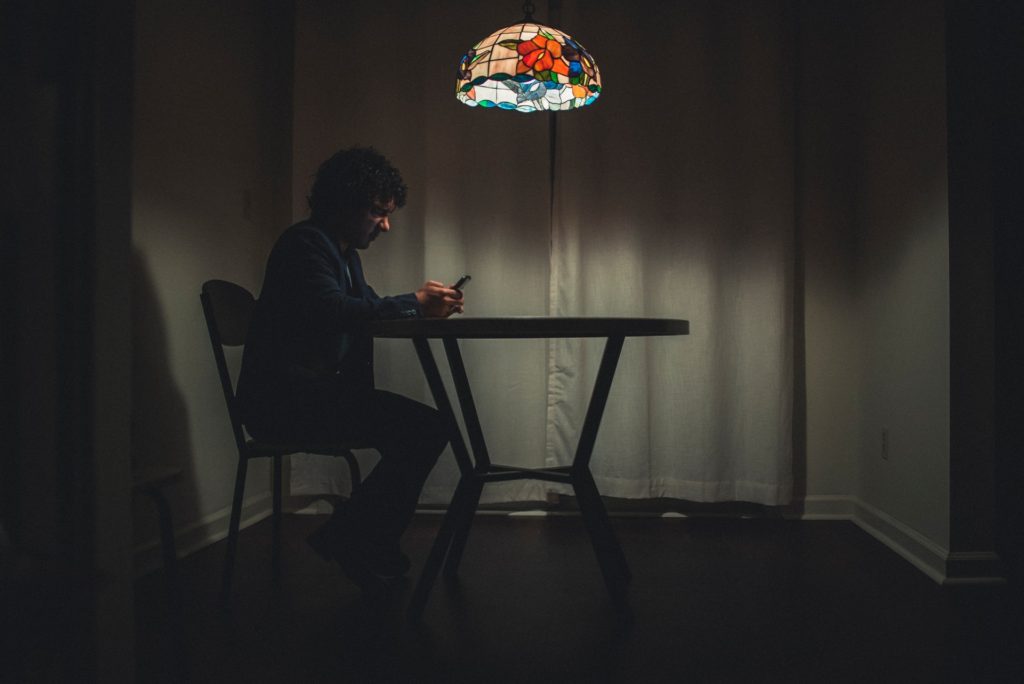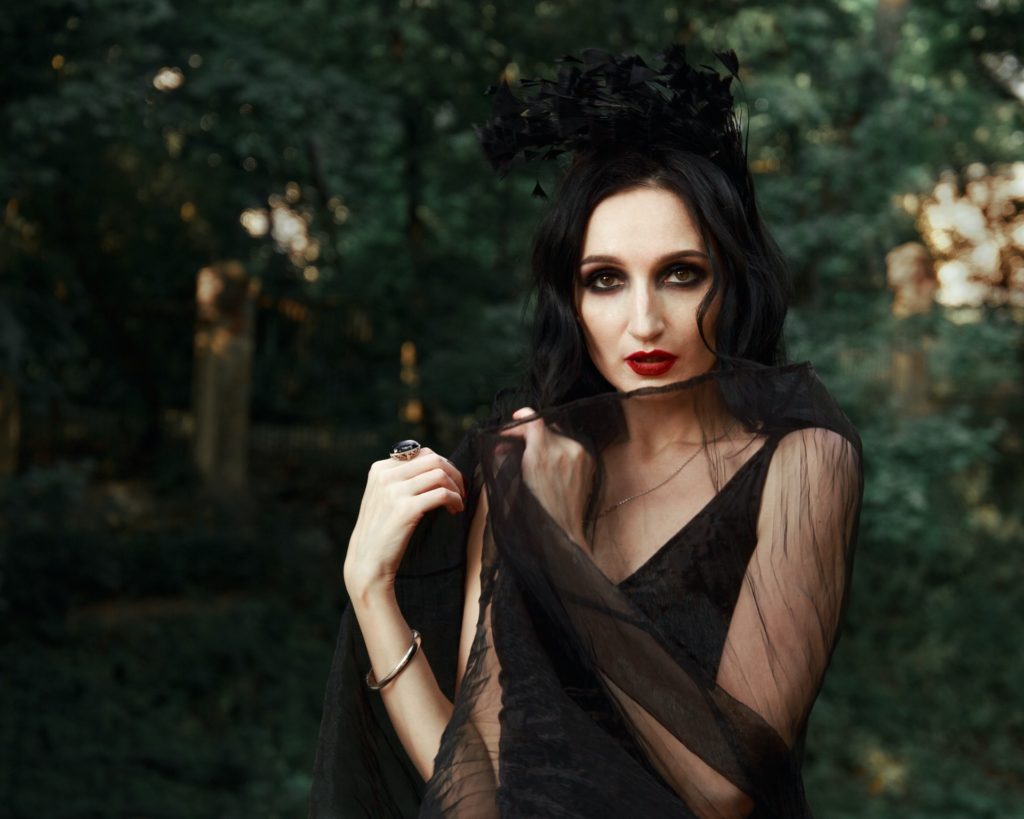(Auto)biographies, autobiographical novels, “based on a true story”… There seem to be many ways of more or less describing the same thing. At least that’s what one may think. However, in actual fact, all these are very different modes of writing, with unique requirements. More importantly, for the purposes of this post, most people seem to ignore a very crucial thing: Every book is autobiographical!
This might feel an obviously wrong thing to say. “Hang on, Chris”, you might think. “How on earth can every book be autobiographical? What about American Psycho, or even some science fiction – say, Solaris? Surely, you’re not claiming that Bret Easton Ellis has killed people or that Stanisław Lem traveled to another planet?”
The answer is – to the best of my knowledge – no. Yet both these two examples, just like every other book ever written by any human is deep down an autobiographical book. The reason?
Because every author, even when writing fiction, puts a piece of themselves in it.
Or at least, they ought to! Because about the only way to fail entirely at writing fiction is to not allow yourself – your subjectivity, your experiences, your flaws and vices and insecurities – to become part of the narrative. Writing an autobiographical book the way I just defined it is the easiest way for any author (and especially so for less experienced ones) to introduce affect in their narratives.
Let’s see why that happens and how to control it.

When it comes to all books being autobiographical, it’s not out experiences that are important, but remembering and reflecting on our experiences

